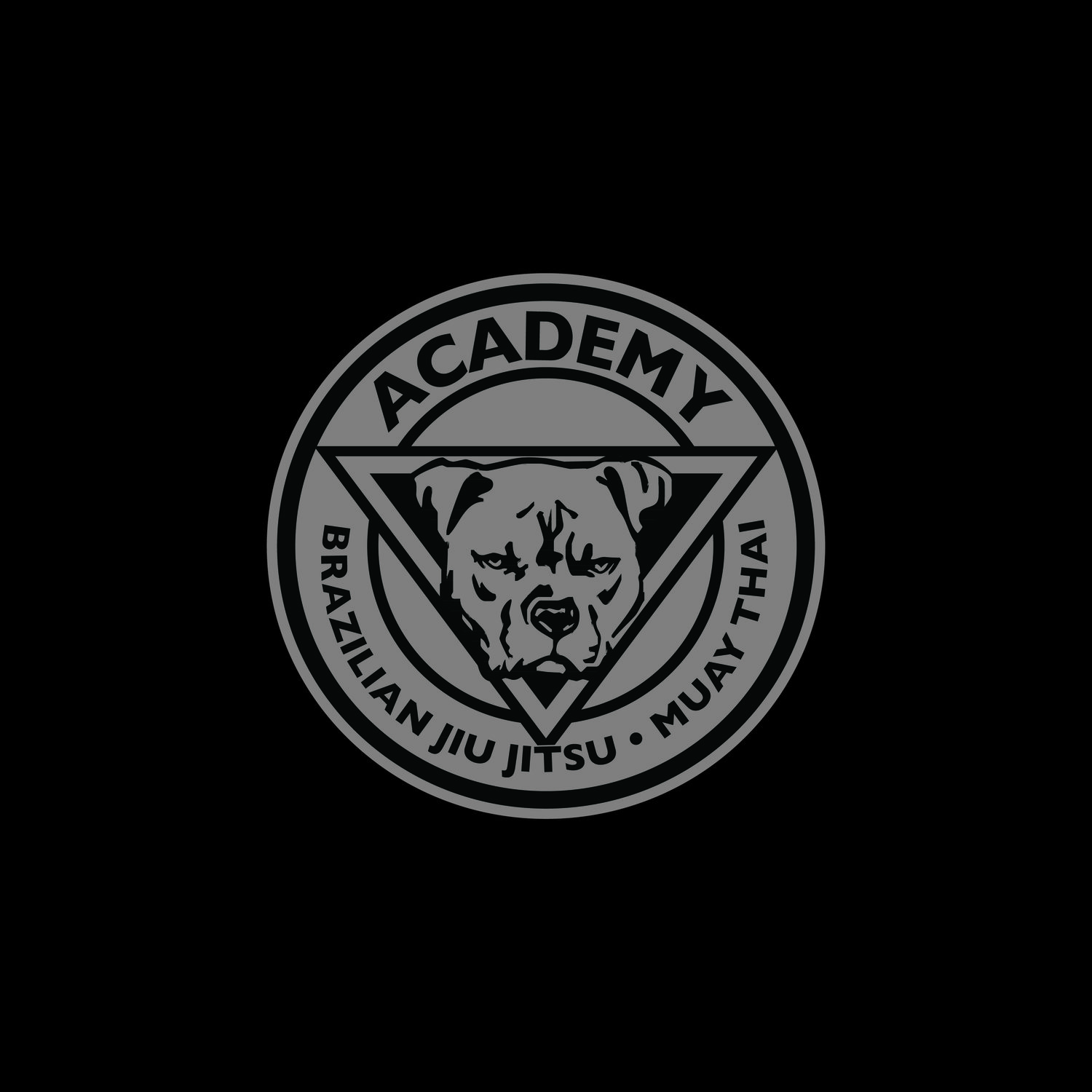Plateauing in Jiu-jitsu
/By John Haskell
I recently had a conversation with someone who has gotten into lifting in the past year to year and a half. During that time they've made great progress (i.e., their numbers are increasing), but was struggling mentally a little bit because they didn't hit their numbers for the day.
This is a very common thing among novice/early intermediate lifters; they go from making ridiculous progress every week to suddenly they start to plateau. Nothing has changed in terms of their programming, their attitude towards lifting, diet, etc. It's all the same, but suddenly they are not adding 5 pounds to the bar every week. Now it might take two weeks to add 5 pounds to the bar. Three weeks. A month. Two months. What's wrong?
In short; nothing.
Succinctly, the law of diminishing returns states:
Diminishing returns, also called law of diminishing returns or principle of diminishing marginal productivity, economic law stating that if one input in the production of a commodity is increased while all other inputs are held fixed, a point will eventually be reached at which additions of the input yield progressively smaller, or diminishing, increases in output.
This phenomenon occurs in most, if not all, facets of life; including lifting. Known as 'plateauing', it occurs when a lifter is putting the same level of work (set/reps/etc.), but getting a diminishing return (their top numbers are not increasing at the same rate), and this occurs as a lifter becomes more advanced (i.e., their numbers increase). The problem for most lifters with plateauing isn't physiological. Sure, when you spend a couple of weeks stuck at a particular weight you have to figure out whether you are just in the midst of a temporary plateau, whereby your numbers will move up again using your current programming, or whether your programming needs to change. The real problem is psychological.
When you start lifting, as noted above, you make ridiculous strength gains measured by weight. You could take anyone who has not lifted before, test their 1 rep max on the squat, and then have them do any number of exercises on than the squat, and chances are, their squat will go up. New person, want to increase your squat? Do air squats, or lunges, or step ups, or . . . you get the point. Of course, this is not necessarily optimal. More optimal training would have a person train the squat to increase the squat. And, again as noted above, it is not uncommon to see new lifters add 5 - 10 pounds per week (if not per session, depending on programming) to that lift. However, as they advance from being a purely novice lifter to an advanced-novice lifter to an intermediate lifter and so forth, those 5 - 10 pound increases come every couple of weeks, then a month, two months, a year, and so forth.
Think about how frustrating it would be to put in the same amount (if not more) work, and get less in return? This is why people will change their reflexively change their programing without examining whether programming is the issue, or they might just quit. The latter is fatal, the former is almost as problematic because programs will not work unless you give them ample time, and if you reflexively change a program every-time you don't experience progress, then you might very well stop making progress.
So what does this have to do with jiu-jitsu? Well, the same thing occurs in jiu-jitsu, and it can be really tough the first time it happens because you're not sure what is happening.
Take a brand new person off the street. New person, want to get better at jiu-jitsu? Do the warm-ups, or hip-in and - out across the mat for 15 minutes, or drill this one grip strip for 15 minutes, or . . . you get the point. Like intermediate and advanced lifters, as people progress in jiu-jitsu, the returns (getting better) stop happening as quickly, and/or come in smaller sizes. The warm-ups no longer help you improve, or if they do, the improvements are much more at the margins. Same thing with drilling the first grip strip you learned 5 years ago. Probably some room for improvement, but again, at the margins relative to when you first started.
And when this happens to you for the first time, the frustration can build. Imagine going from getting better just from doing the warm-ups, to now it taking a few months for you to see/feel as though you've made even a modicum of progress. What's wrong? Are you getting worse? Or is everyone else getting better at a faster rate? Why? And as with lifting, people might change their programming (how much they drill, roll live, take class, etc.), or just quit out of frustration.
What's the solution?
Simply put; continue to train. Slightly less simply put, you need to accept the fact that the rate of improvement you are going to make in your first week of training is not sustainable. Then, when it does happen (that is, the returns diminish), remember that it is a natural part of the progression. Sure, maybe you need to tweak your training, but if you train at the Academy, given that the "programming" (i.e., the curriculum) is laid at in a way to adapt to people's progress, tweaking is unnecessary. Instead, just know that your progression is on a well traveled path.

